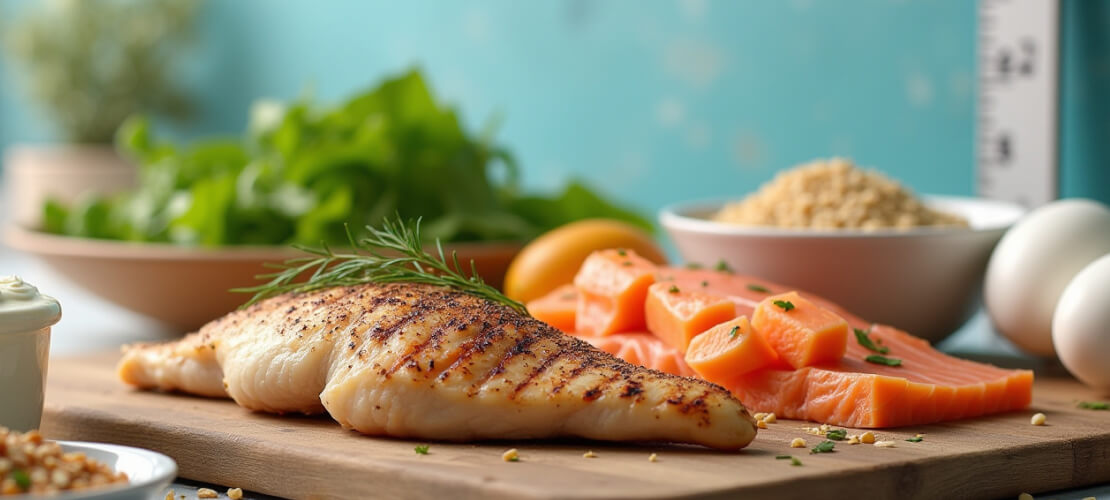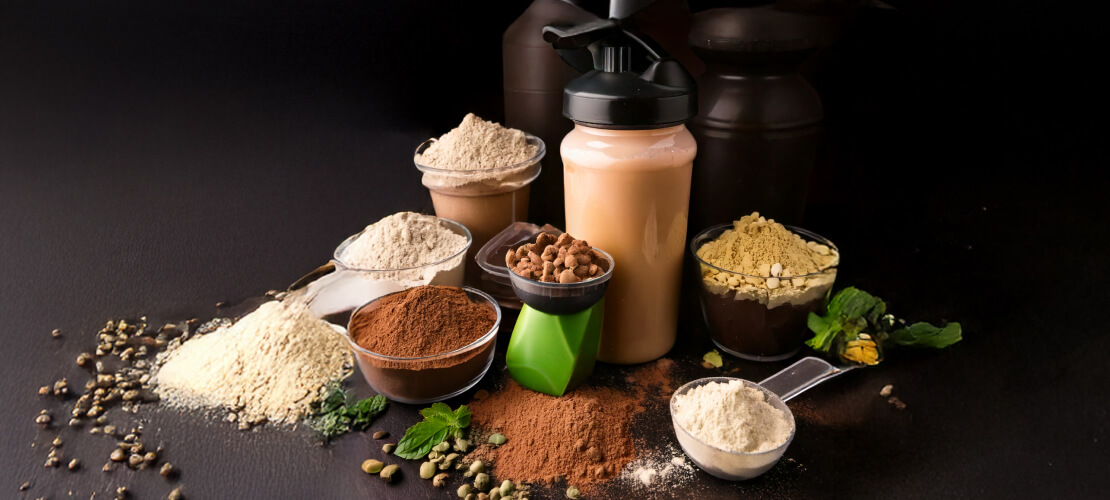Why Protein is Important for Growing Kids?
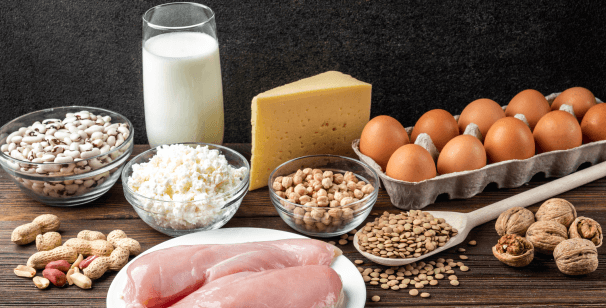
How Much Protein Do Kids Need?
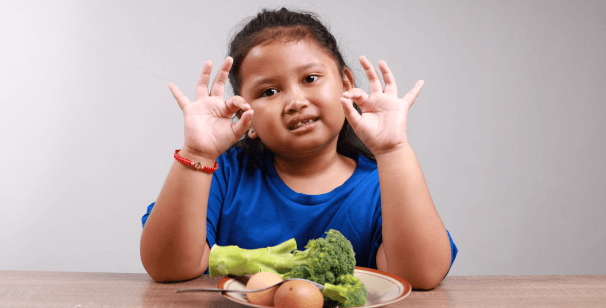
The amount of protein a child needs depends on their age, gender, and energy level. Protein is essential for their growth, muscle development, and overall well-being. According to the Indian Council of Medical Research (ICMR), here’s the recommended daily protein intake for kids:
- Infants (0 to 6 months):8g per day
- Infants (6-12 months): 10.5g per day
- Toddlers (1-3 years): 12.5g per day
- Preschoolers (4-6 years): 16g per day
- Young Children (7-9 years): 23g per day
- Preteens (10-12 years): 32g (boys), 33g (girls) per day
- Adolescents (13-15 years): 45g (boys), 43g (girls) per day
- Older Adolescents (16-18 years): 55g (boys), 46g (girls) per day
Making sure kids get enough protein can seem tricky, but with the right mix of whole foods—like dairy, legumes, nuts, seeds, and lean protein sources—it’s easier than you think!
Best Plant Based Protein Foods For Kids
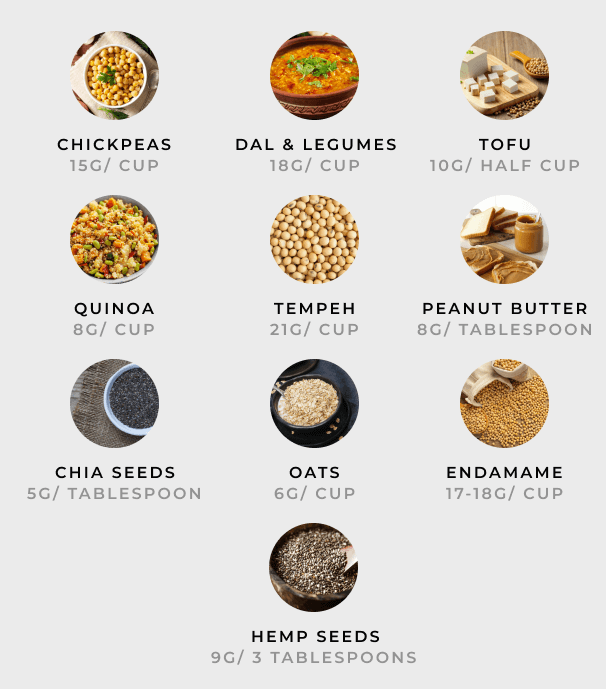
1. Chickpeas
Chickpeas (also know as chana in India) provide about 15 grams of protein per cooked cup. The dietary fiber content in chickpeas serves two purposes by promoting fullness in your child and aiding digestion. The different ways to prepare chickpeas include turning them into hummus through pureeing and creating roasted snacks alongside adding them to dishes like pasta and salads for protein content.
2. Dal and Legumes
3. Tofu
4. Quinoa
5. Tempeh
Tempeh is a fermented soy food that is rich in fiber and beneficial to your gut health. It contains 21 grams of protein per cup. Tempeh is firmer and has a nuttier flavor compared to tofu. In addition to that, tempeh is rich in probiotics, which are great for gut health. Crumble tempeh into tacos, toss into stir-fries, or grill as a great sandwich filling.
6. Peanut Butter
Peanut butter packs a protein punch any child would love, providing 8 grams of protein per tablespoon and a healthy dose of fat to support brain development. Spread it on whole grain toast, toss it into smoothies, or use it as a dip for apple slices and celery.
7. Chia Seeds
8. Oats
9. Edamame
10.Hemp Seeds
Hemp seeds are a protein-packed superfood for kids, providing 9 grams of protein per three tablespoons. They are also a good source of essential fatty acids and amino acids. These seeds may be added to oatmeal, blended into smoothies, or used to make homemade granola bars.
How to Ensure If Your Child is Getting Enough Protein
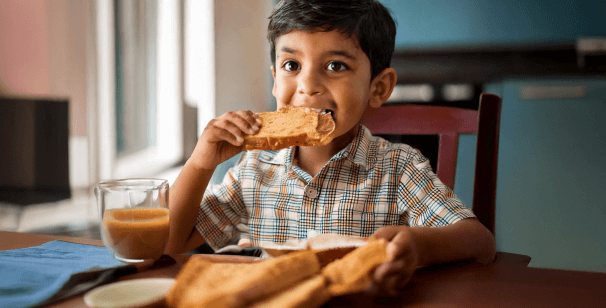
All the plant-based proteins mentioned are good sources of proteins, but for parents to make sure their children get enough protein, here are a few handy hints:
- Mix proteins together: Grains with legumes (the combination of rice and beans produces complete proteins).
- Add nuts and seeds: Almonds, walnuts, and sunflower seeds are other sources of protein and healthy fats.
- Opt for fortified plant-based drinks: Soy or almond milk with extra protein can make a good supplement.
- Make protein-rich snacks: Energy balls, homemade granola bars, and nut butter sandwiches are all great protein-packed options.

